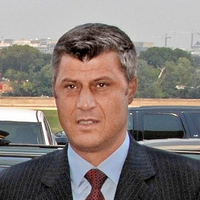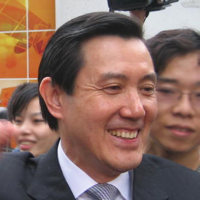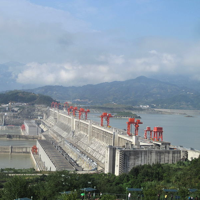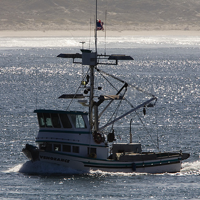
Following a violent struggle for control of two checkpoints on the Kosovo-Serbia border, the immediate danger of an escalating crisis has been averted. But the cost has been to reinforce the message that violence delivers results. On the night of July 25, Kosovan Prime Minister Hashim Thaci sent special police to seize a pair of border posts in the country’s lawless, Serb-dominated north, resulting in the death of one Kosovo Albanian police officer and injuries to four others. The police withdrew under fierce resistance from the locals, leaving Kosovo Serbs barricading roads to prevent their return. Others torched one of […]




